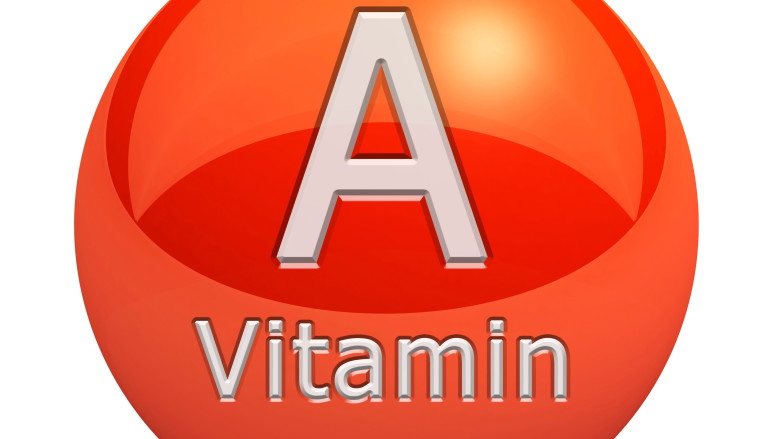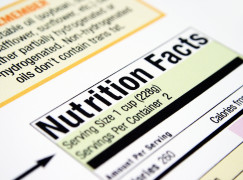

Vitamin A
The vitamin A that comes from animal sources is fat-soluble, and in the form of retinoic acid, retinal and retinol. Because these retinoids are very bioavailable and stored in our tissues, too much animal-derived vitamin A can build up in the body and become toxic.
The vitamin A in fruits and vegetables is in the form of provitamin A, vitamin A precursors also known as carotenoids, which must be converted by the human body into usable retinoids. There are several distinct classes of carotenoids, and evidence suggests that carotenoids work together to provide their health benefits. Taken together in supplement form, these are commonly called mixed carotenoids. The body can make all the vitamin A it needs from these plant-derived carotenoids. They are water-soluble and do not accumulate in the body, so toxicity is rare.
More than 500 carotenoids have been identified; fewer than 10 percent can be made into vitamin A in the body. Still, many that cannot be converted to vitamin A have healthful effects.
Vitamin A plays a vital role in bone growth, reproduction and immune system health. It also helps the skin and mucous membranes repel bacteria and viruses more effectively. It is essential to healthy vision, and may slow declining retinal function in people with retinitis pigmentosa.
Vitamin A deficiency is common in developing countries, but is quite rare in the United States. One of the earliest signs of a deficiency is night blindness. Permanent blindness can result if the deficiency is left unchecked. Vitamin A deficiency also allows opportunistic infectious diseases such as measles and pneumonia to become deadly. Alcoholics may develop vitamin A deficiencies, and should consequently include rich food sources of vitamin A in their diets (while concurrently sharply curtailing or eliminating alcohol consumption). Supplements may not be wise for alcoholics, however, because vitamin A is stored in the liver, and existing liver damage could make them more susceptible to vitamin A toxicity. In such cases, a doctor’s supervision is critical.
For men and women the recommeded amount is 10,000 to 15,000 IU. For children that should be between 5,000 and 10,000. Recent research has found that animal sources can provide too much Vitamin A to children so be careful how much particular animal sources contains.
The richest animal source of retinols is beef liver: three ounces provides over 27,000 IU, which is more than one needs for a whole day (although toxicity is not a problem unless such high intakes occur on a regular basis). The best natural sources of carotenoids are fruits and vegetables, including carrots, spinach, kale, butternut squash, cantaloupe, mangoes, pumpkins and sweet potatoes.
Excessive, chronic intake of some forms of vitamin A can be toxic. Avoid taking supplemental vitamin A as retinol or retinoic acid, and instead use plant-derived vitamin A precursors such as beta-carotene (in addition to other mixed carotenoids). Also avoid concentrated animal sources such as cod liver oil (although some forms of cod liver oil are vitamin A reduced and are safe – check the label). Warning symptoms of overdose include hair loss, confusion, liver damage and bone loss.






